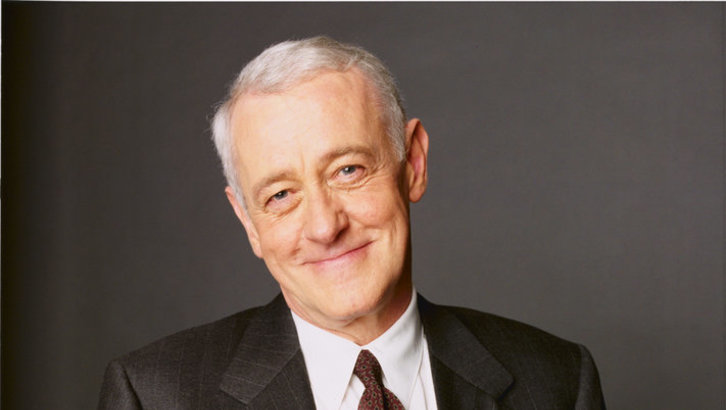He will likely be most often remembered as Frasier Crane’s irascible but lovable father Martin on the hit NBC show “Frasier,” a performance that earned John Mahoney two Emmy nominations and two Golden Globe nominations. Serving as a more relatable comedic counterbalance to the high maintenance style of Kelsey Grammer and David Hyde Pierce, John Mahoney became one of the most beloved sitcom actors of the ‘90s, and the platform brought a performer who had been more successful on stage than on screen to a new audience.
Mahoney was actually born in England, the seventh of eight children, and that’s where he first got the acting bug, working at the Stretford Children’s Theatre at a young age. An unhappy home and the second World War made Mahoney long to move to the United States, and he did so when he was young, studying at Quincy University in Illinois. He probably had no idea how much he would return to Illinois even after becoming famous, appearing in plays in Chicago so much that he became a reliable staple at places like the Steppenwolf and Goodman, and moving back here after the show was done. He spent time all over the area, living in Macomb, Forest Park, and Oak Park before a friend named John Malkovich encouraged him to join Steppenwolf. Mahoney was incredibly successful there, including an award-winning performance in the original run of Lyle Kessler’s “Orphans,” and would go on to Broadway, where he won a Tony for “The House of Blue Leaves.”
As so many stage actors do, Mahoney transitioned into film, getting his first major film role in “Tin Men,” the 1987 Barry Levinson picture. In those few years before “Frasier,” he made an indelible mark in film that’s too often overlooked. Cameron Crowe’s “Say Anything…” isn’t nearly as successful without his heartbreaking work and he caught the eye of the Coen brothers enough to appear in “Barton Fink” and “The Hudsucker Proxy.” Other film roles included “Eight Men Out,” “In the Line of Fire,” “Reality Bites,” and “The American President.” He also did regular voice work throughout his career, including a memorable turn in “The Iron Giant.”
After “Frasier,” John Mahoney seemed like he could do anything and bounced seamlessly from film to TV to stage and back again. He would guest star on shows like “Burn Notice” and “In Treatment,” and appear in films like “Dan in Real Life,” but he also notably returned wholeheartedly to the Chicago theater scene, appearing in “The Outgoing Tide” at the Northlight and “The Birthday Party” at the Steppenwolf, among others. He lived in Oak Park, a Chicago suburb, at the time of his passing, and died there in hospice care.
Whether it was in film, on TV, or on stage, John Mahoney found a way to always feel like he was present in a scene, listening to the actor opposite him and not just waiting to say his rehearsed lines. I was lucky enough to see him at the Steppenwolf, and he was so completely captivating that he stole nearly every scene he was in. What he did was so subtle—whether it was in “Frasier,” “Barton Fink,” or on stage—that it probably didn’t get the attention it deserved, but he’s one of those rare actors about which one can honestly say that he made everything he was in just a little bit better. And sometimes a lot. We send our sincere condolences to his friends and family.












